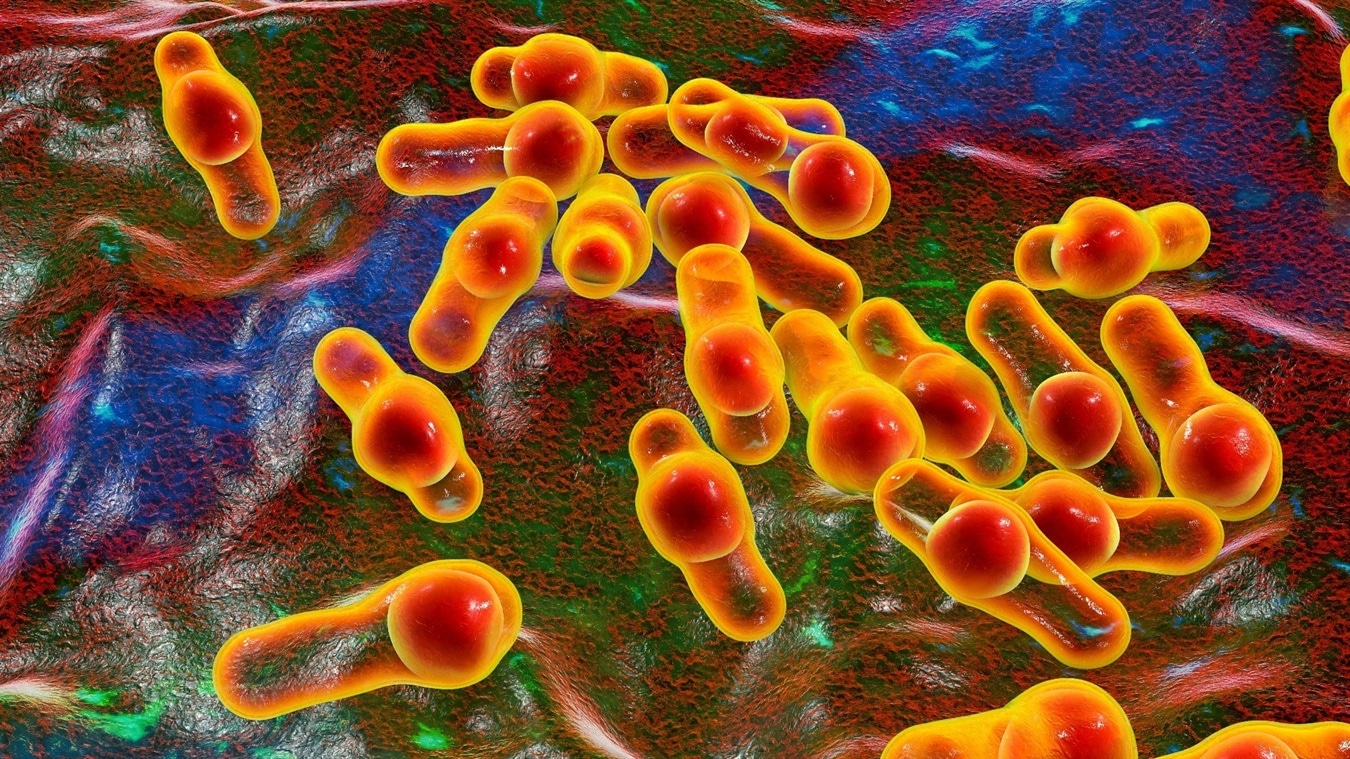Clostridium Difficile: Symptoms, Causes, Treatment
What are the symptoms of clostridium difficile?
Clostridium difficile (C. difficile) is a type of bacteria that can cause symptoms ranging from mild diarrhea to severe colitis. The symptoms of C. difficile infection (CDI) can vary depending on the severity of the infection, but common symptoms may include:
- Watery diarrhea: This is the most common symptom of CDI. The diarrhea may be frequent and watery, and it may have a foul odor.
- Abdominal cramping and pain: CDI can cause abdominal cramping and pain, which may range from mild to severe.
- Fever: Some people with CDI may develop a fever, which is usually low-grade but can be higher in severe cases.
- Loss of appetite: CDI can cause a loss of appetite, which may lead to weight loss if the infection is prolonged.
- Nausea and vomiting: Some people with CDI may experience nausea and vomiting, especially if the infection is severe.
- Dehydration: Severe diarrhea can lead to dehydration, which can cause symptoms such as dry mouth, increased thirst, and decreased urine output.
- Blood or pus in the stool: In severe cases, CDI can cause bloody or pus-filled stools, which may indicate inflammation or damage to the colon.
It’s important to note that not everyone infected with C. difficile will develop symptoms. Some people may carry the bacteria in their intestines without experiencing any symptoms, while others may develop mild or severe symptoms. If you experience persistent diarrhea or other symptoms of CDI, it’s important to see a healthcare provider for evaluation and treatment.
What are the causes of clostridium difficile?
Clostridium difficile (C. difficile) infection is caused by the bacterium Clostridium difficile. The infection usually occurs in people who have been taking antibiotics, which can disrupt the normal balance of bacteria in the intestines and allow C. difficile to grow and produce toxins that cause symptoms.
Other risk factors for C. difficile infection include:
- Recent hospitalization: C. difficile is common in hospitals and long-term care facilities, where it can spread easily from person to person.
- Antibiotic use: Taking broad-spectrum antibiotics, which kill a wide range of bacteria, can disrupt the normal balance of bacteria in the intestines and make a person more susceptible to C. difficile infection.
- Age: Older adults are at higher risk of C. difficile infection, especially if they are hospitalized or living in a long-term care facility.
- Underlying health conditions: People with underlying health conditions, such as inflammatory bowel disease (Crohn’s disease or ulcerative colitis) or a weakened immune system (HIV/AIDS infected persons), are at higher risk of C. difficile infection.
- Gastrointestinal surgery: People who have had gastrointestinal surgery or procedures are at higher risk of C. difficile infection.
- Use of proton pump inhibitors (PPIs): PPIs, which are commonly used to treat conditions such as gastroesophageal reflux disease (GERD), may increase the risk of C. difficile infection.
- Prolonged hospital stay: The longer a person stays in the hospital, the higher their risk of C. difficile infection, as they may be exposed to the bacterium in healthcare settings.
It’s important to note that C. difficile infection is not typically spread through casual contact. The bacteria are usually spread through the fecal-oral route, such as when someone touches a surface contaminated with C. difficile spores and then touches their mouth. Proper hand hygiene and infection control practices can help prevent the spread of C. difficile in healthcare settings.
What is the treatment for clostridium difficile?
The treatment for Clostridium difficile (C. difficile) infection depends on the severity of the infection and may include the following approaches:
- Discontinuation of antibiotics: If possible, the antibiotic that triggered the C. difficile infection should be stopped.
- Antibiotics: In many cases, antibiotics are used to treat C. difficile infection. The most commonly used antibiotics for this purpose are metronidazole, vancomycin, and fidaxomicin. The choice of antibiotic depends on the severity of the infection and other factors.
- Probiotics: Some studies suggest that probiotics may help restore the balance of gut bacteria and prevent recurrent C. difficile infection. Probiotics are live bacteria and yeasts that are good for your health, especially your digestive system.
- Fecal microbiota transplantation (FMT): FMT involves transferring stool from a healthy donor into the colon of a person with recurrent C. difficile infection. This procedure can help restore the balance of bacteria in the gut and has been shown to be highly effective in treating recurrent C. difficile infection.
- Surgery: In severe cases of C. difficile infection that do not respond to other treatments, surgery may be necessary to remove the infected part of the colon (colectomy).
It’s important to note that treatment for C. difficile infection should be guided by a healthcare professional, as the choice of treatment depends on several factors, including the severity of the infection, the individual’s overall health, and any underlying medical conditions. Prompt and appropriate treatment is important to reduce the risk of complications and improve outcomes for individuals with C. difficile infection.




